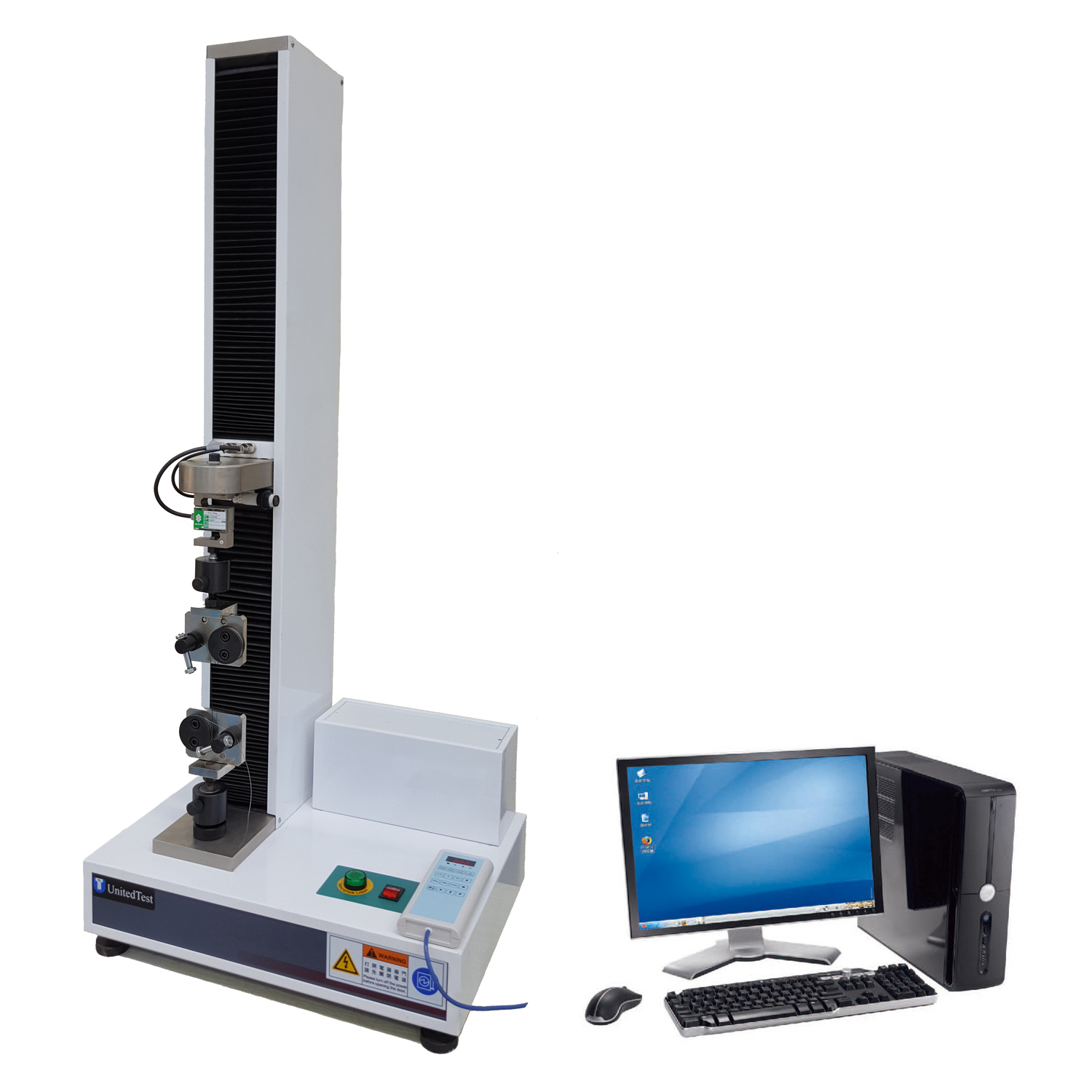Brittleness Temperature of Plastics and Elastomers this test method establishes the temperature at which 50 % of the specimens tested would probably fail when subjected to the conditions specified herein. The test provides for the evaluation of long-time effects such as crystallization, or those effects that are introduced by low-temperature incompatibility of plasticizers in the material under test. Plastics and elastomers are used in many applications requiring low-temperature flexing with or without impact. Use data obtained by this method to predict the behavior of plastic and elastomeric materials at low temperatures only in applications in which the conditions of deformation are similar to those specified in this test method. This test method has been found useful for specification purposes, but does not necessarily measure the lowest temperature at which the material is suitable for use.
Test Procedure:
Specimens are secured in the customer specified specimen holder (A or B) with a torque wrench at 5 in-lb. The specimen holder is lowered into a bath at a specified temperature. The specimens are impacted at 2000 ± 200 mm/s and then examined. The procedure is repeated at a lower temperature until enough data is generated to determine a brittleness temperature. Brittle temperature is the temperature at which 50% of the specimens fail. Brittle failure is defined by ASTM D746 as fracture into 2 or more pieces, or any crack visible to the unaided eye. The specimens can be bent to an angle of 90° and examined for cracks at the bend.
Specimen size:
There are three specimens: Type I, Type II or Type III. ASTM specimens are Type I at 6.35 mm by 31.75 mm by 1.91 mm thick. ISO specimens are Type III at 20 mm by 2.5 mm and 2.0 mm thick.
**Please note that this test description is intentionally generic in nature and aimed at providing a descriptive summary to enhance test understanding. Due to copyright restrictions, we are not able to provide copies of standards. Standards can be obtained from appropriate standards authorities.












